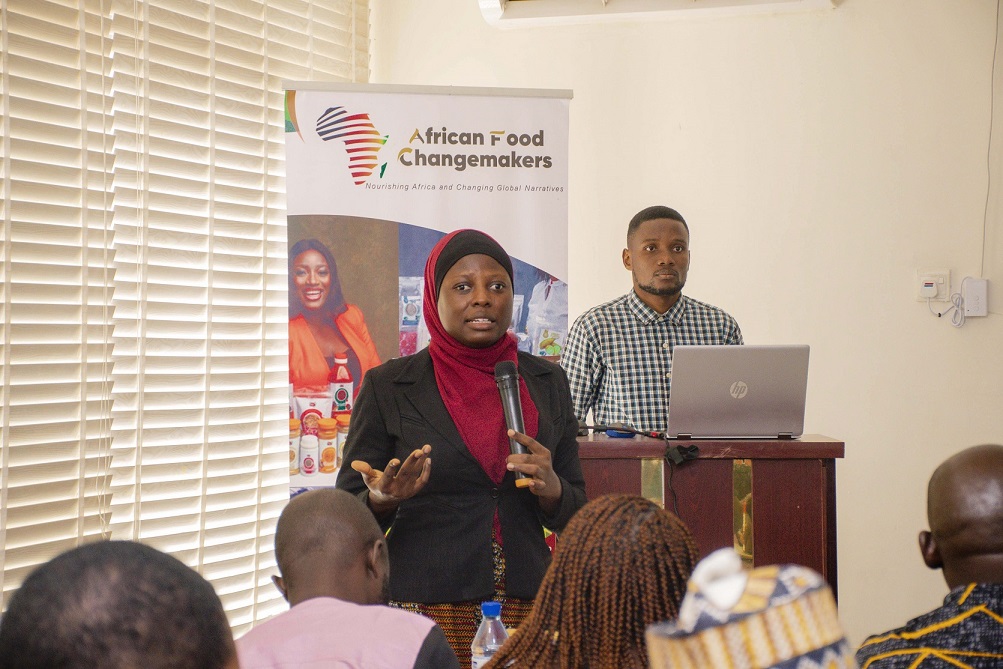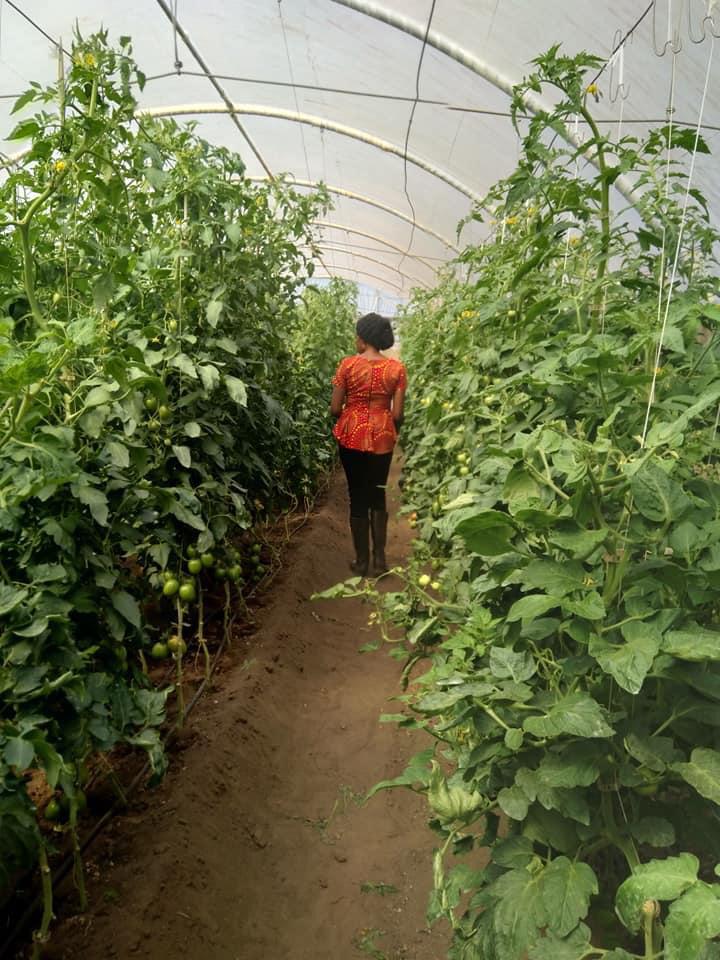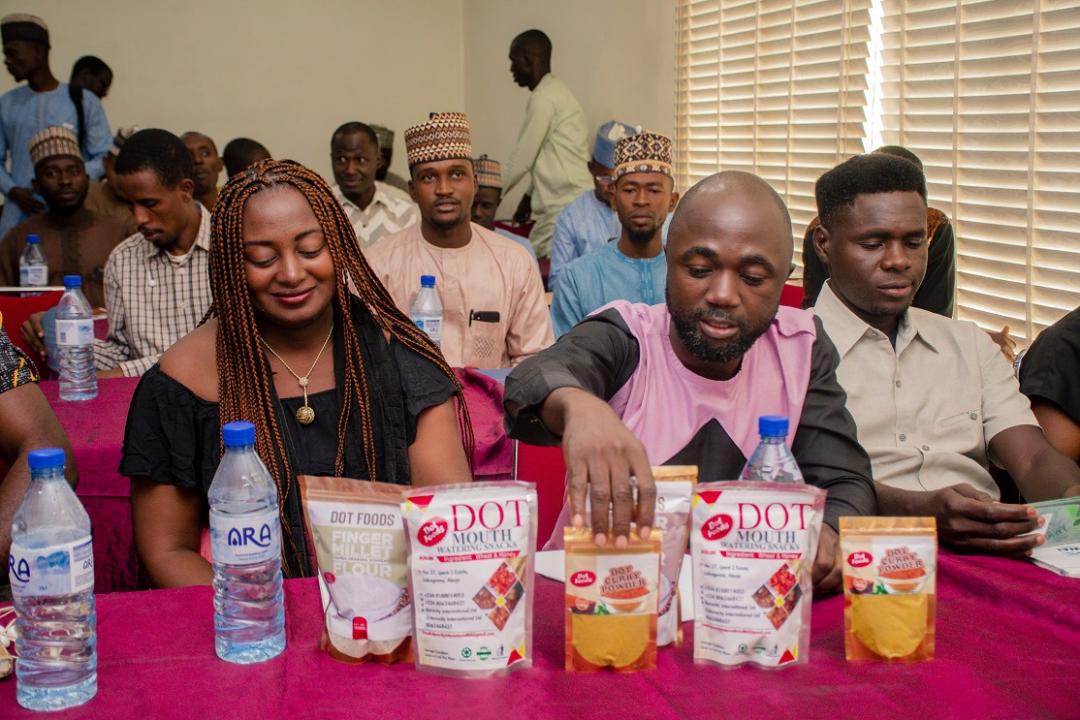Inflation and climate change: Overcoming obstacles together
At African Food Changemakers, we believe that small and medium-sized enterprises are the lifeblood of the food ecosystem in Africa. These enterprises are driven by visionary, dynamic and innovative entrepreneurs who operate as primary producers, aggregators, processors, distributors, finance and technology providers, chefs, coos, consultants and innovators – We call them Changemakers. Through the Africa Food Changemakers (AFC) Hub, we enable African entrepreneurs to start and scale resilient and sustainable agribusinesses that nourish Africa and the world.
We also believe that connections made through food are a powerful way to change narratives. We are committed to changing global narratives about Africa by celebrating Africa’s contributions to the global food ecosystem, showcasing our innovations and cooking methods, amplifying and scaling proudly African food and beverage brands, and ensuring that more people globally experience the diversity and richness of the Continent’s gastronomic heritage and exciting future.
Can you share your thoughts about CLUED-iN magazine? What did you like about it? What inspired you? Can you give an example?
The CLUED-iN magazine has been a profoundly insightful publication on critical issues around inclusive business models. It has helped shape discussions and point stakeholders in the right direction towards increasing business impact within communities. Considering African Food Changemakers is a membership community of African agri-food businesses, some of whom are operating inclusive business models, the CLUED-iN magazine has helped guide them towards operational efficiency and being at the edge of new innovative approaches to creating lasting impact within local communities through their business activities. The discussions with thought-leaders who constantly share tips learnt from their incredible work have inspired us and our community throughout the lifetime of the publication. One such inspiring piece of knowledge shared was an interview with Marcia Ashong of The Boardroom Africa, who provided insights into diversity in executive teams and increased female talent on boards of inclusive businesses to drive greater impact.

Which issues are most pressing for your work in inclusive business now?
Inflationary pressures, deepened by the COVID-19 pandemic and the more recent Russian-Ukrainian conflict, are posing a challenge to sustainable inclusive business models on the African continent. As the costs of production keep rising, it is becoming increasingly difficult for businesses to sell products and services within underserved communities at price points that preserve their already-slim profit margins, with consideration to the diminishing purchasing power of customers.
Probably the most pressing concern is the issue of climate change. It has a far-reaching impact on virtually all businesses – even more so on inclusive businesses as the environmental pressure puts a strain on the limited resources and their ability to sustainably engage and integrate low-income populations in their value chain activities. In response to this concern, we are set to implement specialized programs aimed at building the resilience of agri-food businesses across Africa against climate change and other environmental shocks.
For inclusive agribusinesses within our membership community, increasing the ease of doing business in African communities is a key priority to enable them to excel. By lowering production costs through the provision of quality business infrastructure and eliminating bureaucratic obstacles, their businesses will be better equipped to sustain the impact provided to locals. Taxation and business regulation is also a significant area of concern that poses substantial challenges for IB models.

How do you see inclusive business evolving in the future?
The African continent is an emerging market with sizable untapped opportunities, albeit with a large portion of the population being young but held back by poor living standards. While inclusive business models represent an excellent avenue for business growth and lasting social impact in the landscape, the market factors present a need for a considered approach to ensure sustainability.
Businesses based on inclusive models may need to consider adopting a multi-layered approach to offering their products and services. This may involve the creation of products and services tiers whereby consumer classes are differentiated, with the higher end of the spectrum supporting the medium to long-term development of the lower-end market. As the communities mature and are steadily taken above the poverty line, the hitherto lower-end market may then begin to develop and present more opportunities within itself for sustained business growth.
Climate change may also necessitate inclusive businesses having to make adaptations to accommodate the effects and ensure their operations remain eco-friendly and sustainable. This may range from altering their business models to better involve the use of climate-smart technologies to leveraging carbon credits and green finance.
Overall, it is likely inevitable that inclusive business models will need to undergo some form of adaptation/evolution if they are to stand the test of time in an ever-changing world.
